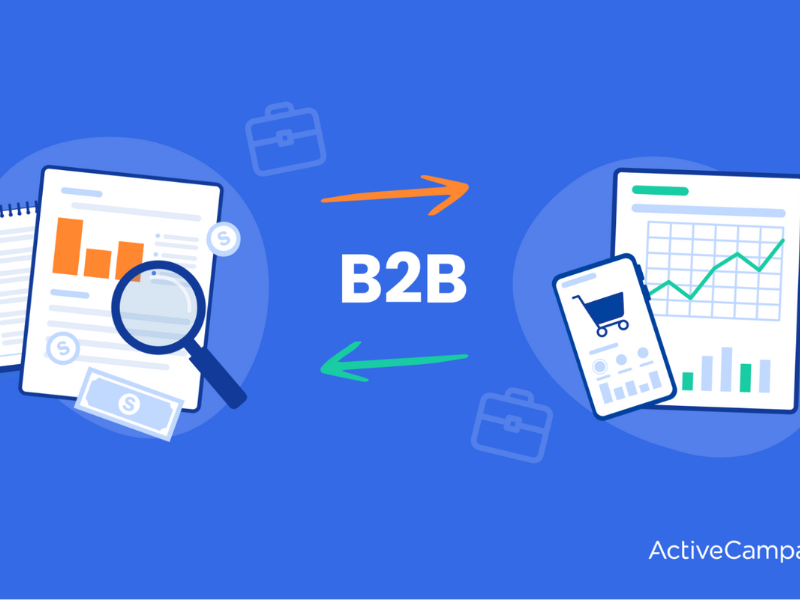Enquiry Form
What is Sales Management Software?
Sales Management Software is a tool designed to streamline and optimize the sales process, from lead generation to deal closure. It helps businesses manage their sales pipelines, track customer interactions, monitor team performance, and forecast sales effectively. By centralizing all sales-related activities, this software enhances efficiency, improves customer relationships, and drives revenue growth. Whether for small businesses or large enterprises, Sales Management Software is an indispensable asset for achieving sales targets.
What are the Best Features of Sales Management Software?
Here are 15 key features of Sales Management Software that enhance the sales process:

Lead Management
Capture, track, and nurture leads through the sales funnel.

Pipeline Management
Visualize and manage sales pipelines to track opportunities effectively.

Contact Management
Maintain a centralized database of customer and prospect information.

Sales Automation
Automate repetitive tasks like follow-ups, reminders, and email campaigns.

Forecasting Tools
Predict future sales based on historical data and trends.

Performance Analytics
Monitor team performance with detailed metrics and dashboards.

Reporting Tools
Generate real-time reports on sales activities, revenue, and KPIs.

Integration with CRM
Sync with customer relationship management systems for seamless operations.

Mobile Accessibility
Access sales data and updates on the go with mobile apps.

Task Management
Assign and track sales tasks to ensure accountability.

Customizable Dashboards
Personalize dashboards to display key sales metrics.

Email Integration
Connect with email platforms for seamless communication.

Quota Tracking
Set and monitor individual and team sales targets.

Role-Based Access
Control access to sensitive sales data with role-based permissions.

Third-Party Integrations
Integrate with marketing, accounting, and ERP tools for unified workflows.
Benefits of Sales Management Software
Here are eight key benefits of implementing Sales Management Software:
- Improved Efficiency: Automate routine tasks and focus on closing deals.
- Better Collaboration: Foster seamless communication and collaboration among sales team members.
- Enhanced Customer Insights: Gain a deeper understanding of customer needs and preferences.
- Accurate Forecasting: Predict future sales trends for better planning and decision-making.
- Increased Revenue: Streamline sales processes to maximize deal closures and revenue.
- Real-Time Tracking: Monitor sales activities and performance in real time.
- Scalability: Adapt the software to meet growing sales team and business needs.
- Data-Driven Decisions: Use analytics to identify opportunities and optimize sales strategies.
Which Businesses Need Sales Management Software?
Sales Management Software is vital for a variety of industries. Here’s how it serves different sectors:

- Customer Engagement: Track and manage customer interactions across channels.
- Order Tracking: Monitor sales orders and ensure timely delivery.
- Sales Reporting: Analyze sales trends and customer preferences.
- Promotional Management: Plan and track promotional campaigns effectively.
- Inventory Integration: Sync with inventory systems for real-time stock updates

- Lead Tracking: Monitor and nurture leads through long sales cycles.
- Proposal Management: Create and manage sales proposals efficiently.
- Pipeline Visibility: Gain clarity on high-value opportunities and their progress.
- Team Collaboration: Facilitate communication among sales reps and account managers.
- Client Retention: Track customer satisfaction to enhance client relationships.

- Territory Management: Assign and monitor sales territories for medical representatives.
- Regulatory Compliance: Ensure adherence to industry regulations in sales activities.
- Product Education: Track training and educational sessions for medical products.
- Sales Forecasting: Predict product demand to optimize inventory and supply chains.
- Performance Analytics: Measure the effectiveness of sales strategies and campaigns.

- Subscription Management: Track and manage subscription renewals and upgrades.
- Customer Onboarding: Streamline the onboarding process for new clients.
- Integration Capabilities: Sync with marketing and customer support tools for unified operations.
- Upselling and Cross-Selling: Identify opportunities for additional sales.
- Churn Reduction: Monitor customer engagement to reduce churn rates.

- Client Tracking: Manage client portfolios and interactions efficiently.
- Compliance Management: Ensure sales activities comply with financial regulations.
- Target Management: Set and track sales targets for financial advisors.
- Performance Monitoring: Evaluate individual and team performance with detailed analytics.
- Pipeline Optimization: Focus on high-value clients and opportunities to boost revenue.
How it Works?

- Lead Capture: Collect leads from various sources such as websites, emails, and events.
- Pipeline Management: Organize and prioritize opportunities within the sales pipeline.
- Automation: Automate tasks like follow-ups, reminders, and data entry.
- Collaboration: Share updates and communicate with team members through integrated tools.
- Reporting: Generate real-time reports to evaluate sales performance and strategies.
- Integration: Sync with CRM, marketing, and accounting tools for seamless operations.
Sales Management Software FAQ
Here is a list of frequently asked questions for Sales Management Software






